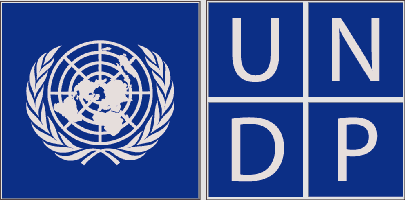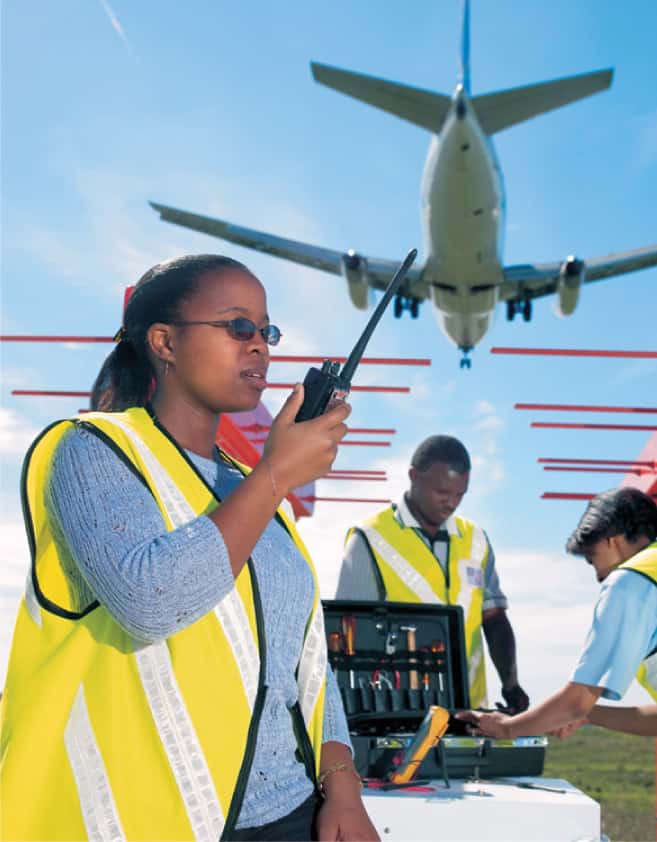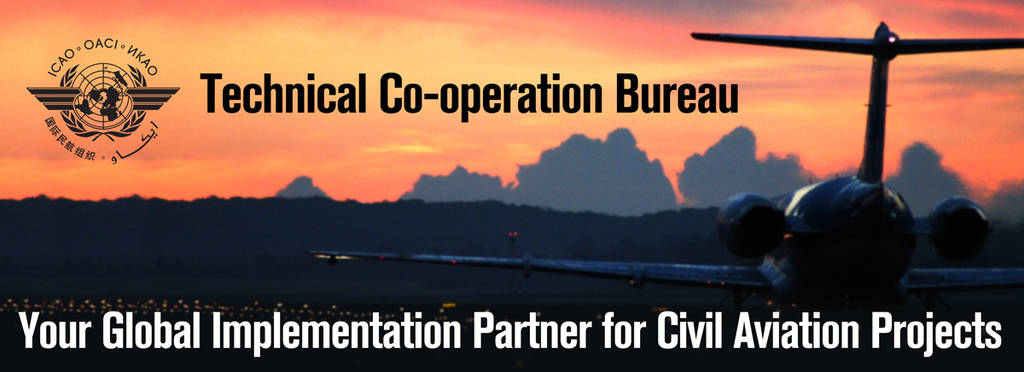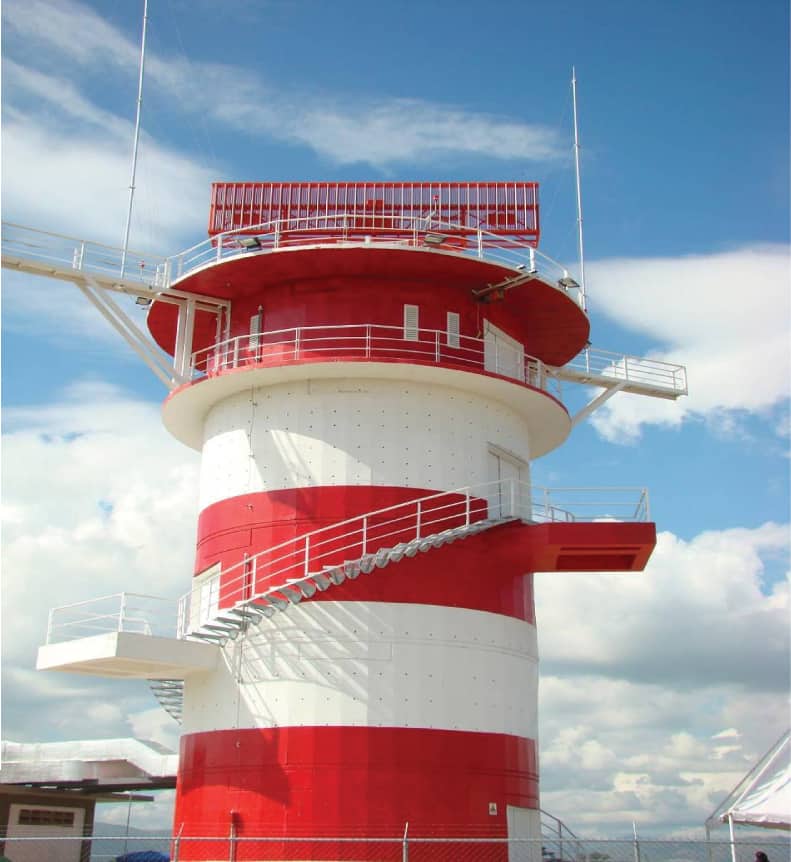ICAO’s Technical Cooperation Bureau (TCB) has been serving States, non-State entities, donors and the civil aviation industry for 65 years, providing practical assistance where required in the execution of national civil aviation plans developed with a view to implementing the Standards and Recommended Practices (SARPs) of the International Civil Aviation Organization (ICAO). Ultimately, this assistance has been provided to meet “the needs of the peoples of the world for safe, regular, efficient and economical air transport” as stipulated in Article 44 of the Convention on International Civil Aviation.
 In its capacity as the United Nations (UN) specialized agency for international civil aviation, ICAO joined the UN Expanded Programme for Technical Assistance (EPTA) in 1951 and subsequently cooperated with the United Nations Development Programme (UNDP) as Executing Agency in the implementation of technical assistance projects. The main pillars of this assistance were training of national civil aviation personnel, recruitment of international experts to advise on the development of national civil aviation plans and procurement of equipment.
In its capacity as the United Nations (UN) specialized agency for international civil aviation, ICAO joined the UN Expanded Programme for Technical Assistance (EPTA) in 1951 and subsequently cooperated with the United Nations Development Programme (UNDP) as Executing Agency in the implementation of technical assistance projects. The main pillars of this assistance were training of national civil aviation personnel, recruitment of international experts to advise on the development of national civil aviation plans and procurement of equipment.
The funding for these projects came almost exclusively from the UNDP and some contributions from donors. For this reason, ICAO’s Technical Assistance Programme initially evolved in step with UNDP’s policies and procedures. Within ICAO, implementation of the Programme was entrusted entirely to what was then called the Technical Assistance Bureau.
Closing the Gap
Regardless of the field of engagement and in the interest of all concerned, the basic idea of this assistance has always been to close the technological and operational gap between industrialized countries and the developing world, to a point where such assistance is no longer required.
The majority of activities in the early days of technical assistance were concentrated on helping individual States. However, the 1970s saw a change in this approach: effective multilateral assistance by UN Agencies, bilateral assistance through donors and the increased capabilities of recipient States made it possible to concentrate on achieving the harmonization of these individual activities on a regional and global level.
TCB has always considered training as an indispensable basis for the optimal use of manpower and equipment, the main vehicle for this most important aspect was seen in the standardization of training for civil aviation staff. Therefore, TCB, still with exclusive financing by the UNDP, embarked on a programme of systematic development of some 25 regional civil aviation training centres (CATCs). Virtually all CATCs that form today’s well established network of aviation training facilities, stem from this period. A concomitant of this programme was the harmonization of training curricula to achieve comparable levels of competence among workforces in these regions.
Harmonizing Global Aviation Development
In parallel, the decade from 1970 to 1980 saw a sharp increase in UNDP funding to around USD80 million annually. The increase in the Programme implementation volume allowed for the use of the Bureau’s surplus funds from the projects’ administrative overhead to create guidelines for States, such as the Directory of Standardized Field Specifications with a description and average cost of the most common aviation equipment; the Technical Assistance Training Guidelines with close to fifty Course Outlines for a wide variety of Civil Aviation Training Courses, including ICAO Standardized Training Guidelines for the harmonization of aviation training courses globally; the ICAO Directory of Civil Aviation Training Institutes, which assisted States to select the training courses best suited for their staff at convenient training facilities; and the terms of reference for the preparation of Civil Aviation Master Plans, providing the reader with an understanding of the structure and contents of this important planning document for the comprehensive development of national civil aviation infrastructures. These activities, in addition to the continuing assistance to individual States, complemented TCB’s efforts towards the harmonization of more cost-effective global civil aviation development.

Funding Changes
Towards the end of the 1980s, UNDP shifted its focus almost exclusively to the financing of “grass-roots” projects, which virtually excluded the civil aviation sector. In fact, UNDP core funding of ICAO technical cooperation activities steadily decreased to a point where it represented less than three percent of the total Technical Assistance Programme. Due to this unexpected change in funding policy, the Technical Assistance Bureau incurred recurrent annual deficits for over a decade from 1983 totalling USD13.5 million. This necessitated the downsizing of staff and required ICAO to completely change its approach, offering its services on a cost recovery basis to its Member States, complemented to the extent possible, by voluntary contributions from donor States and the civil aviation industry.
This paradigm shift had no lasting negative effect on the Technical Assistance Programme. Over the many years working with the Technical Assistance Bureau, Governments had come to appreciate the numerous advantages of this cooperation. They saw ICAO as a neutral, objective, worldwide non-profit organization, which was able to achieve the intended project results. Furthermore, it offered civil aviation authorities that purchased equipment through ICAO certain privileges accorded by the United Nations system and the assurance of continued support even after the completion of a project.
As a result, since 1996 (with the exception of the years 2002 and 2007 to 2011), TCB has generated surpluses (with an average annual Programme implementation volume of USD130,000) over the last ten years.

A New Approach, a New Name
In the mid-90s, the Technical Assistance Bureau changed its name to the Technical Cooperation Bureau. This reflected the fact that ICAO embraced the new approach of the United Nations that shifted the emphasis from assisting States through the use of expatriate technical cooperation personnel (called “technical assistance”) to the nurturing of national professionals (labelled “technical cooperation”).
As part of the Technical Cooperation Programme’s activities and to further promote the overall aim of making States largely independent from outside assistance, TCB launched a new initiative that significantly contributed to the success of TCB’s cooperation with States: the creation of structures for cooperation and coordination aimed at strengthening the cooperation of States on a regional basis.
Under the guidance and active participation of the Technical Cooperation Bureau, regional groups were established such as the Cooperative Aviation Security Programme (CASP) and the Cooperative Development of Operational Safety and Continuing Airworthiness Programmes (COSCAPs). Each of these groups is governed by a Steering Committee in which every Member is represented and ICAO actively participates. They each have their own work plan geared to the needs of the Members who fund their activities themselves with limited donor contributions.
The main objective of all of these groups is to ensure compliance with the international aviation conventions and related ICAO Standards and Recommended Practices (SARPs) and guidance material by enhancing selected civil aviation capabilities of the participating Member States and Member Administrations.

Cooperation among States
Today, cooperation with States continues in the traditional assistance areas of training, capacity-building and procurement, which has contributed to the significant increase in civil aviation development in the last decade. Assistance and cooperation virtually cover the whole spectrum of civil aviation disciplines and include, inter alia, the development of civil aviation master plans, airport studies, aeronautical studies, CNS/ATM implementation, aviation security, safety management systems and rectification of deficiencies identified through ICAO’s Universal Safety Oversight Programme (USOAP) and Universal Security Audit Programme (USAP).
In the training field, in addition to its popular Technical Cooperation Fellowship Programme, the Technical Cooperation Bureau initiated a Developing Countries Training Programme within the framework of the United Nations South-South Cooperation. TCB manages the fellowships provided free of charge or at minimal costs by the participating training institutes of developing countries.
Complementing the traditional regional initiatives mentioned earlier, TCB assists numerous other regional initiatives by groups of States for a wide variety of objectives, including the implementation of Regional Safety Oversight (RSO) systems and Performance-based Air Navigation (PBN); technological support for CNS digital networks; the transition to Global Navigation Satellite Systems; the monitoring of the air traffic control centres refurbishment and the development of sustainable capability in the instrument flight procedure domain on a regional basis; the establishment of Accident Investigation Agencies and International Safety Oversight Entities; assistance for Small Island Developing States regarding aerodrome certification and Safety Management Systems (SMS) and in the coordinated action in the aviation sector to control public health threats.
Furthermore, despite its focus on grass-roots projects, cooperation with UNDP also has continued in specific areas. One of the major achievements in this respect was the creation by TCB of the TRAINAIR Programme in the mid-1990s. It was modelled after TRAINMAR and CODEVTEL, two similar UN Agency programmes managed by the United Nations Conference on Trade and Development (UNCTAD) and by the International Telecommunications Union (ITU) respectively. TRAINAIR was kick-started with funding from the UNDP Global Programme. It consists of a very comprehensive methodology for course development, packages of detailed course material and, most important for a cost-effective implementation of the overall programme, a sharing system for participating CATCs.
New Responsibilities for TCB
In 2007, the ICAO Secretary General, in coordination with the ICAO Council, decided that ICAO as a whole would shift its focus to implementation. Until that year, the Regular Programme was responsible for SARPs development. It was TCB’s role to assist in their implementation if and when requested by States. In this capacity, the Bureau carried out ICAO’s mandate as a United Nations Specialized Agency to provide assistance, for the benefit of the countries and in accordance with their own national policies and priorities for development, as well as advising States of their obligation as ICAO members to take into consideration the global ICAO Strategic Objectives when developing their civil aviation development plans.
This decision brought about a redistribution of responsibilities within ICAO as a whole. Technical assistance was funded by voluntary contributions or the Regular Budget while technical cooperation was funded by States and donors on a cost recovery basis. This new arrangement called for even closer cooperation between all Bureaus and Regional Offices of ICAO to continue providing optimal technical support to States. Recent developments show that ICAO is now in a better position to serve its Member States.
Regular surveys show consistently high customer satisfaction among TCB clients for its services. However, there is always room for improvement and the Bureau will continue to strive to perfect these services. 2015 ended with a strong Technical Cooperation Programme with an implementation volume of some USD125 million as the result of 115 ongoing projects in 140 States. The Bureau remains well equipped to continue its successful cooperation with ICAO Member States, non-State entities, the private sector and donors.
About the Author
Alessandra Arrojado Lisboa de Andrade is a lawyer with a Master’s Degree (LL.M) in Air and Space Law (McGill University). As Chief of the Business Support Section in the ICAO Technical Cooperation Bureau, she provides advice on issues mainly pertaining to the policy, planning and budgeting aspects of the Bureau.
